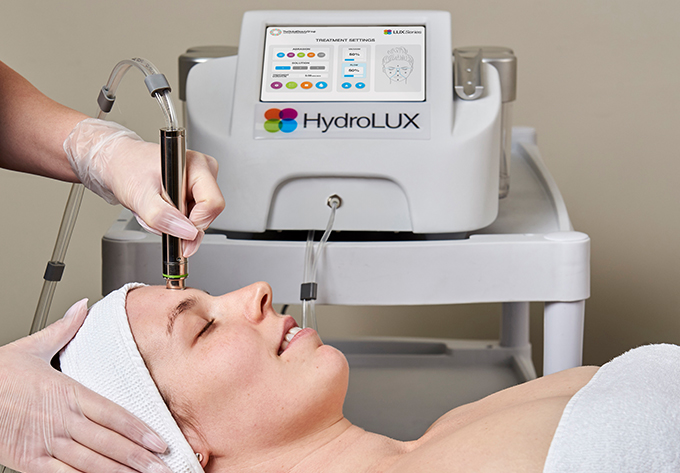Disclaimer: The article is developed in partnership with BetterHelp.
According to the National Institute on Alcohol Abuse and Alcoholism, more than 14 million adults in the United States have an alcohol use disorder (AUD). While the traditional path to recovery often involves therapy and support groups, a growing number of individuals are integrating holistic methods into their recovery journeys.
For many struggling with AUD, a holistic approach can be a profound catalyst for change.
Whether you’re someone looking to create a comprehensive recovery plan for yourself or just learning about how to help those you care about, understanding holistic methods for coping with alcohol abuse can be immensely beneficial. This post is intended to provide you with a deeper insight into three of these methods, so keep reading if you’re ready to explore a more diverse approach to recovery.
What is Alcohol Abuse?
Before we jump into holistic methods of coping with alcohol abuse, it’s essential to understand what we’re dealing with. Alcohol Use Disorder (AUD) is a medical condition characterized by an inability to stop or control alcohol use despite adverse social, occupational, or health consequences.
Traits of AUD may include:
- Loss of control during consumption
- Increased tolerance to alcohol
- Withdrawal symptoms when alcohol intake is stopped
- Craving, or a strong desire to use alcohol
- Continued alcohol use despite having persistent or recurrent social or interpersonal problems
Addressing this disorder requires a multifaceted approach that extends beyond simple medical intervention.
1. Mindfulness Practices
Mindfulness is a practice that encourages individuals to be fully present in the moment, and aware of their thoughts and feelings without any judgment. This method can be particularly impactful in managing AUD, which often involves using alcohol as a means of escaping reality or numbing away stress.
One of the most accessible forms of mindfulness, meditation, involves sitting quietly and focusing on your breath or a specific mantra. For those in recovery, mindfulness meditation can help acknowledge and manage cravings, reduce anxiety, and promote a more balanced emotional state.
For individuals facing a strong urge to drink, deep breathing can be a lifesaving approach. Deep, slow breaths can calm the nervous system, release built-up tension, and provide a moment of clarity in which to make healthier choices.
Mindfulness practices have been shown to improve mental well-being and reduce the severity of withdrawal symptoms. Practicing mindfulness regularly encourages a shift in the brain’s pathways, promoting calm and reducing the automatic response to reach for alcohol.
2. Nutritional Support
It’s no secret that alcohol abuse can have serious implications for one’s physical health, oftentimes including malnutrition. A balanced diet can play a critical role in recovery, providing the body with essential nutrients that have been depleted by alcohol.
A good diet is crucial for rebuilding the body’s strength and repairing damage caused by long-term alcohol abuse. Whole foods, especially those high in vitamins and minerals, can significantly contribute to the recovery process.
Several nutrients and supplements may be particularly beneficial for those in recovery, including:
- B vitamins for cellular energy and brain function
- Magnesium for muscle recovery and relaxation
- Omega-3 fatty acids for brain health and mood stabilization
Dehydration is a common side effect of drinking. Replenishing lost fluids and electrolytes is key in post-alcohol recovery, ensuring proper functioning of the body and reducing symptoms of withdrawal.
3. Exercise and Physical Well-being
Physical activity promotes the release of endorphins, which are the body’s natural feel-good hormones. This makes regular exercise a potent antidote to the depression and anxiety that often come with quitting alcohol.
Exercise, particularly aerobic activities, can significantly reduce stress and improve sleep — two factors that can greatly affect addiction recovery. High stress levels are often a trigger for alcohol cravings, so finding healthy ways to manage stress is crucial.
Consistent exercise can also help in establishing a new routine, which is often critical in the recovery process. It provides structure and goals, assisting individuals in learning new ways to occupy their time and energy.
Conclusion
The three methods we’ve explored offer a comprehensive approach to dealing with alcohol abuse. Each method on its own can be powerful, but when combined, they creates a synergy that supports the entire person in their journey toward a healthier, more balanced life.
Whether it’s starting a daily mindfulness meditation practice, consulting with a nutritionist, or finding an exercise routine that works for you, taking a holistic approach to recovery can have lasting, positive effects on your well-being.
Remember that everyone’s path to recovery is unique, and what works for one person may not work for another. It’s essential to be receptive and open to trying new methods and to seek guidance from healthcare professionals as you explore holistic approaches to coping with alcohol abuse.




















